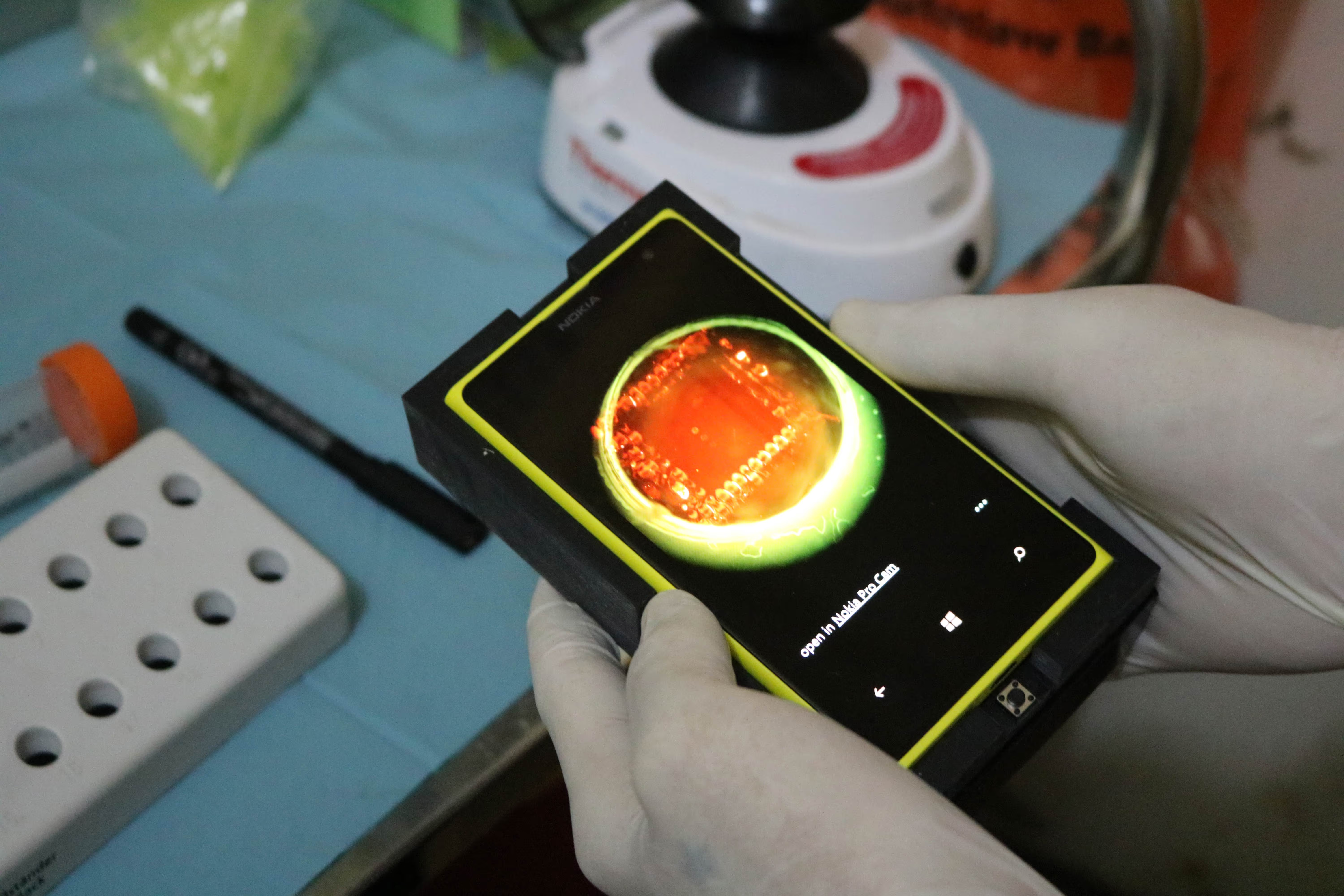Final Report: Lot Quality Assurance Sampling (LQAS) Survey Techniques

The Ebola crisis marked a coming of age for the use of mobile technologies in the humanitarian sector, with food security assessments leading the way. Movement restrictions and quarantines, in addition to fear of contracting the disease, made implementation of traditional face-to-face food security assessments in Ebola-affected communities extremely difficult. The rapid spread of Ebola and concerns as to how the outbreak could negatively influence market access and food availability also created a need for regular updates on food security. To overcome these challenges, the World Food Programme (WFP) deployed a fully automated, mobile-phone based remote food security monitoring system in Liberia, Sierra Leone and Guinea. The design of the system incorporated lessons from a pilot in the Democratic Republic of Congo (DRC).